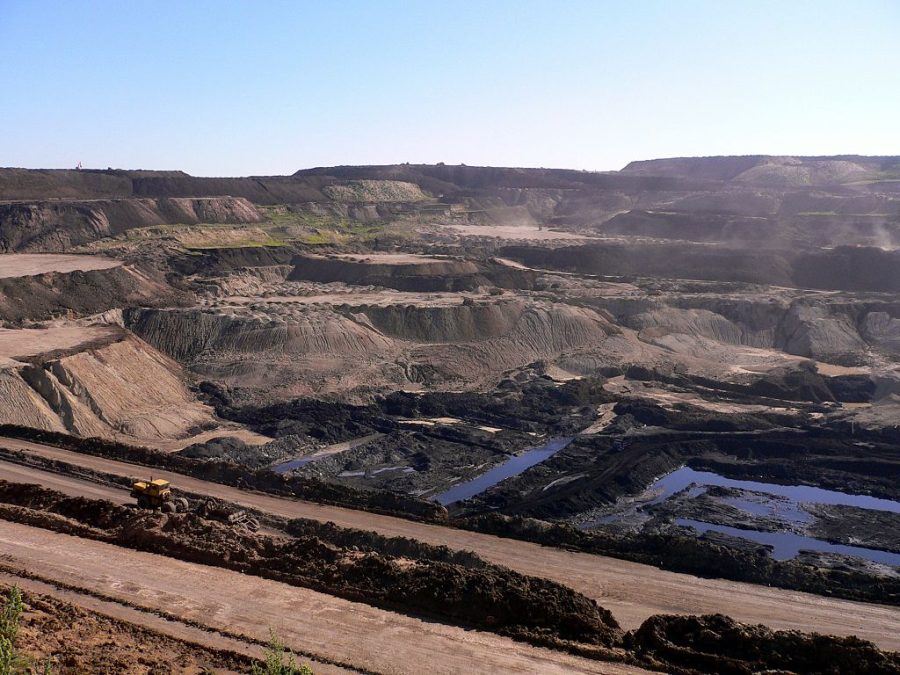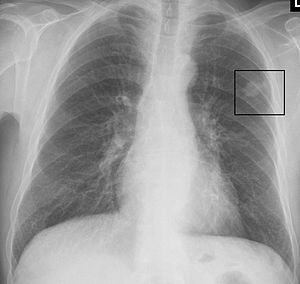The birth of nations, economic prosperity and global consumerism — all of these concepts are fueled by a form of rock sitting deep underground for hundreds of millions of years: coal. A fundamental ingredient in the recipe of everyday life, coal is the largest source of electricity generation worldwide and plays a major part in the production of nearly everything a person owns.
But this privilege doesn’t come without a cost.
Amid numerous accidents due to poor regulation of coal extraction sites, it is becoming increasingly evident that this non-renewable energy source poses an unavoidable threat to humanity.
On March 3, an open-pit coal mine located in Alxa League in Inner Mongolia, China collapsed into a landslide, killing five people and leaving dozens of workers buried under piles of debris.
But the disaster was not entirely unforeseen. According to The Paper, the company running the mine, Xinjiang Coal Industry Co., was fined the past year for multiple safety violations consisting of insecure access routes to the excavation site, lack of training for safety watchers and unsafe storage of volatile materials.
Conspicuous byproducts of this incident evoking distress from scientists and advocates of climate change are CO2 emissions and damaged ecosystems. Inner Mongolia has been known for its environmental health challenges, as the region is a major site for coal and mineral mining. These high-risk infrastructures have ravaged the natural landscape of mountains and grassy steppes, and the air pollution from the recent accident has created hazardous living conditions for citizens.
In recent years, China has recorded numerous industrial and construction accidents due to poor regulation and insufficient safety training, a pattern that mining companies around the world are habituated to.
Conscious of the perpetual danger the world faces from the fossil fuel industry, PV’s Earth Science teacher Zachary Marotta attributes a large portion of global warming to mining activities.
“The greatest environmental threats that come from the coal industry comes from the extraction of coal. There are multiple ways that coal is extracted from the Earth, each one of them come with their own environmental issues. Some methods require the clearing of the land, so deforestation. Other methods require digging into the ground, the creation of tunnels or the removal of mountain tops, all of which lead to habitat destruction and changing and contamination of nearby rivers and streams,” Marotta said.
Coal is and has been a vital material for civilization, going back 3,000 years with the creation of the first coal mine in China and, more recently, powering the Industrial Revolution. Currently providing around 37% of global electricity, the coal industry is a lucrative business and is essential to maintaining the current quality of life.
Unfortunately, fossil fuels are the largest contributors to climate change. Recent initiatives have begun a mass switch to more sustainable forms of energy such as solar and wind energy to curb the effects of global warming. Availing the opportunity to gain foot in the competition against renewable energy, the coal industry is often subject to corruption by companies seeking to gain profits.
Discussing concerns over the world’s carbon footprint, PV’s Environment Club is quick to confront issues within the economic spectrum. Senior Anagha Sudhindra is the co-president of Environment Club and is well-informed of corporate greed in the fossil fuel industry.
“A main reason expectations for private companies to operate ethically are practically nonexistent is because of the universal financial motive. When the private company does well, especially when the industry is huge in the country, the profits reflect directly back into the nation’s economy, boosting all aspects of the country. I think this has allowed everyone involved to become lax in protecting the things more important than money,” Sudhindra stated.
Capitalistic culture and political power work in tandem, where government officials and politicians push harmful agendas for their own gain. Some governments, including the U.S., have even cut funding for mining safety to focus on other profitable projects.
Despite this, the industry continues to grow as the world’s coal producers are planning 432 new coal mine projects on top of the already 3,670 existing mines across the globe, providing only more opportunities for poor mismanagement and carbon emissions.
Sudhindra believes that with an undying capitalistic venture fueling the expansion of an industry that is no longer feasible, the top priority should be implementing improved safety regulations. “At the rate our economy and socio-environmental scheme is trending, a switch from mining to renewable resources is necessary in the near future if we have any chance of reversing some [global] warming effects we have caused. But with the profit motive running so rampant, I think it’s unlikely companies will stop mining anytime soon. In the meantime, establishing safe practices and work conditions in coal mines is of utmost necessity,” Sudhindra shared.
Though the world is benefitting from technological advancements and new methods to boost coal productivity, the current lax enforcement of safety standards will continue to jeopardize our livelihood and catalyze world ruination.
















